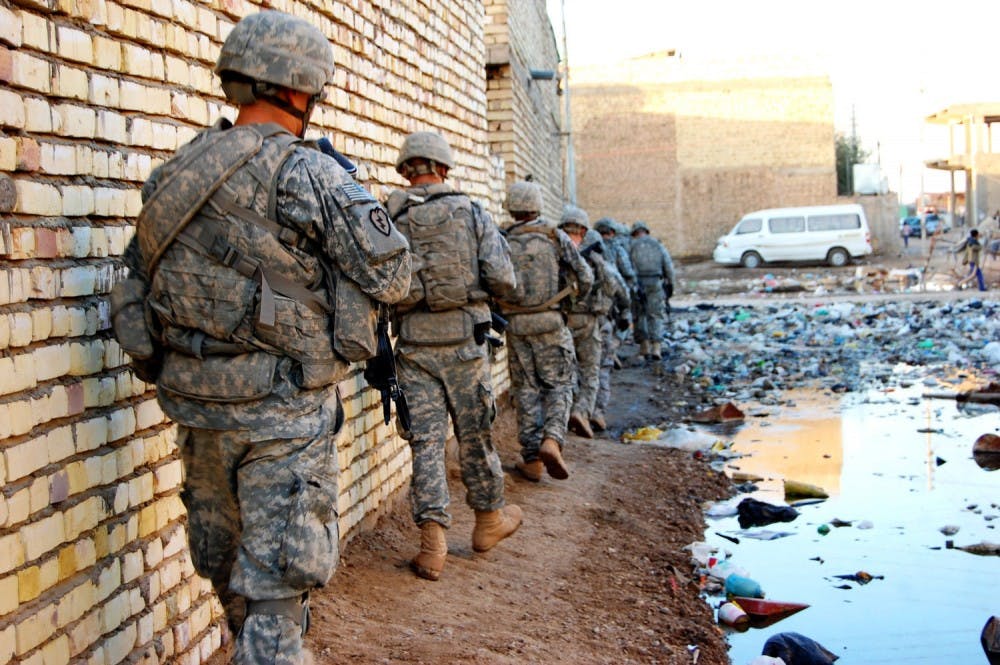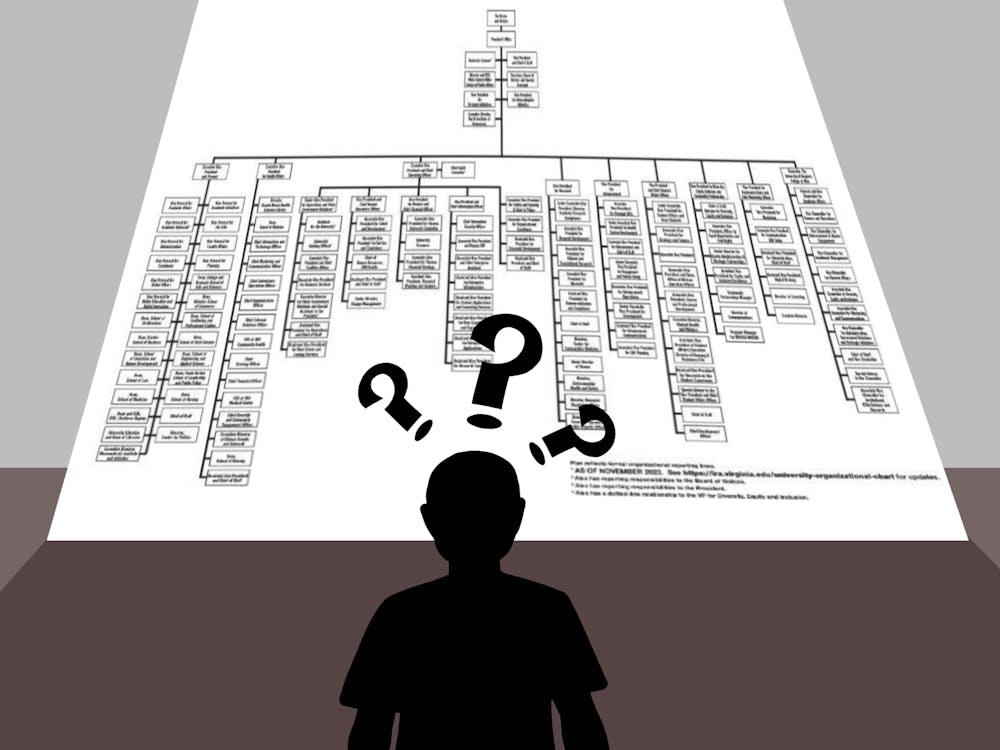First instituted in 1950, the Uniform Code of Military Justice is the primary body of laws used to govern members of the armed services. While it resembles civilian laws and is enforced in a similar manner, it permits a separate judiciary sector of each military branch to interpret said laws and sanction its members accordingly. UCMJ is particularly needed because offenses such as absence without leave, desertion, insubordination, aiding the enemy and a long list of others are unique to military service members and cannot be heard in civilian courts. Additionally, only other military personnel can truly comprehend what those appearing in front of them are going through, so having separate military counsels, court-martials and police is necessary. However, with a seperate sanctioning system comes separate problems.
Too much is left up to the interpretation of high-ranking officials, and service members are often treated unfairly and not given the same rights they would in a civilian court. Thus, huge gaps in military justice are filled by the demands of higher-ups, frequently allowing command retaliation, unfair sanctions and unnecessary actions or paperwork to be brought against accused members. Meaning in essence, the military justice system can become a chain of administrative actions instead of the process laid forth in UCMJ articles. This, unfortunately, means military justice is failing the servicemen and women of our nation and is in desperate need of reform and stronger enforcement.
While referring to UCMJ as a “powerful tool,” former Secretary of Defense Jim Mattis also points out that it is not able to work if commanders are not adhering to its regulations. Using administrative punishment instead, where commands sanction their own battalions — usually through issuing non-judicial punishments and seeking administrative separation from the military as quickly as possible — can result in unfair consequences that service members are hesitant to speak out against. “Military leaders must not interfere with individual cases, but fairness to the accused does not prevent military officers from … condemning and eradicating malignant behavior from our ranks,” Mattis said. Essentially, this means that it is not uncommon for leaders to use their ranks to enforce unfair administrative punishment to those below them instead of relying on the correct UCMJ protocol.
In part, commands rely on administrative punishment for convenience and time, but their own egos may also factor in. According to Mattis, “If a subordinate makes a mistake, leaders should learn to coach them better,” meaning mistakes within battalions reflect poorly on leadership. Yet, this is not an excuse to hinge upon a service member’s right to a fair investigation and trial.
As a four-star retired Marine general, Mattis is speaking from experience when he says that these “leaders must be willing to choose the harder right over the easier wrong.” In allowing UCMJ to do its job by providing service members with a laid out set of procedures, rights and possibilities, commanders would not have the opportunity to jump the gun too quickly only to separate service members from the military for an offense they were never charged with.
To put this into perspective, let’s say a civilian shows up to their office job belligerently drunk, and instead of calling the proper officials for a drunk in public offense, the boss decides to document the event on his own. It is never reported to higher officials, and the employee is never sanctioned legally. Instead, the boss punishes the employee themselves, holding it over their head, placing them on “restriction” so they could not have a cell phone and closely watching for a small violation in dress code so they could be fired from ever working in any office job again. To any reasonable reader, this behavior is ludicrous and unjust. This form of punishment, while not being as immediately serious as a legal sanction, does make the employee’s life more stressful in the long run.
This is a near identical comparison to the reality for service members who are administratively punished. In some instances, they are prevented use of electronics and vehicles, must stay in military issued clothing 24 hours a day and are in constant fear of being removed from the military, often times for petty violations and non-chargeable offenses, such as a small dress code offense.
Sadly, this is an issue that often goes undetected, as service members are discouraged from speaking out in fear of the previously mentioned consequences and out of respect for those above them, as rank is one of the most respected aspects of the military. However, simply because an issue goes unnoticed does not mean it does not exist. In fact, the amount of secrecy in administrative actions is a red flag within itself.
Thus, UCMJ needs to be used in the nature it was intended, and sanctions should not be left to the decision of high-ranking, sometimes biased officials. Administrative actions are not proper sanctions — they are unfair, subjective and unacceptable. The servicemen and women of our nation deserve better than they are getting when it comes to military justice, and the only solution is to implement stronger enforcement of UCMJ protocol and punish commanders who fail to do so.
Hailey Yowell is the Senior Associate Opinion Editor for The Cavalier Daily. She can be reached at h.yowell@cavalierdaily.com.





